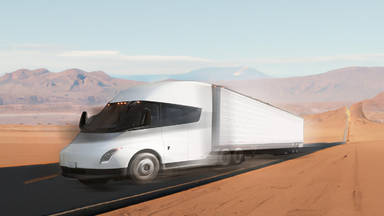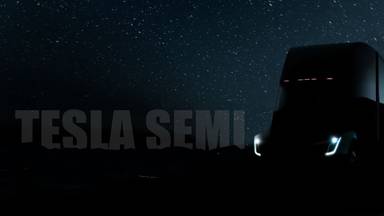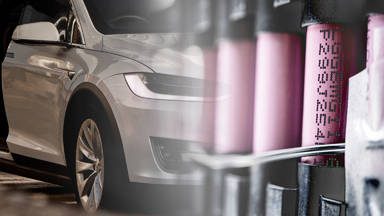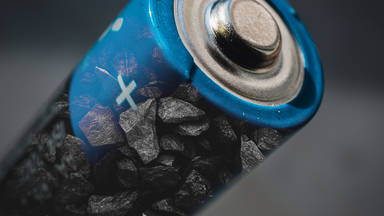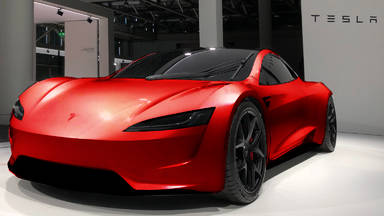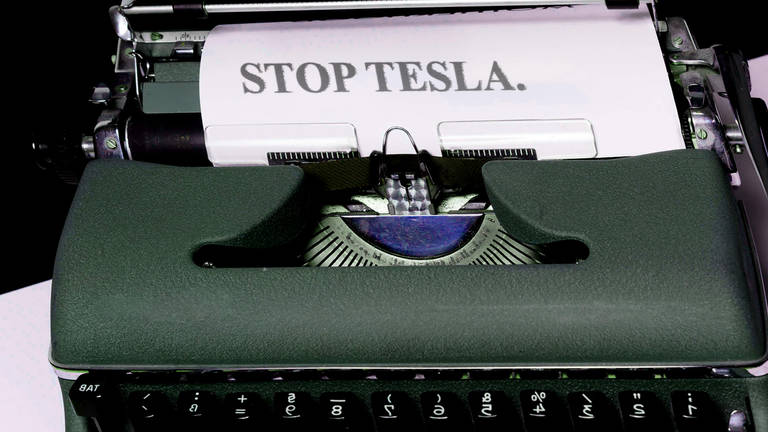
Over the past few decades, outdated franchise losses have prevented automakers from selling directly to the consumer because when automakers set up their own dealerships and sold directly to the consumer, it would drive existing dealerships out of business. Of course, such laws should not apply to Tesla, since Tesla has no dealerships. However, existing dealerships have convinced legislators to ban Tesla from selling their vehicles. There are several states that don't allow purchasing a Tesla, and Michigan has stood out as one of the major states banning Tesla from selling vehicles.
Home to the U.S. auto industry, Michigan has strong incentives to ban Tesla. Michigan and Tesla have been facing years of legal battles with each other. In January, Tesla was eventually granted access to sell its vehicles, but yet most recently this access has been removed. In this article, we are going to look into how Michigan legislators are crushing Tesla.
Car dealerships are extremely inefficient. Every dealership has to pay for their own advertising website and customer management system. Additionally, the dealerships will have to compete with each other when it comes to these operating costs. As Tesla removes this entire process, the dealerships may find their whole business model crushed.
It is important to understand how high the stakes are. The market size for dealerships selling new cars is currently estimated at 790.4 billion dollars and that's during the pandemic. The stakes are extremely high and dealerships know this. Dealership associations and automakers have spent and are continuing to send billions of dollars to lobbyists whose main purpose is to convince legislators that Tesla should not be able to sell their vehicles directly to the consumer.
Before we dive into how Michigan legislators are attempting to shut down Tesla right now, we need to understand how the legal battle got here. Back in 2014, Michigan laws were changed to prevent automakers from selling their cars directly to the consumers. The law was changed in order to "clarify" the position of the state concerning automakers selling vehicles directly to consumers. Just think about that for a second. Imagine if Amazon was restricted from selling products because Walmart was selling the same products. Such laws are inherently against the ideals of a free market.
Tesla continued with its plans to open a service center in Detroit and filed an application for a dealership license. After Tesla was officially rejected from opening a service center, the company filed a lawsuit against Michigan suing Governor of Michigan, Michigan's Attorney General, Secretary of State, and Chief Motor Vehicle Administrator over their ban on direct sales for selling cars.
Tesla claims that Michigan's amendment was actually the Anti-Tesla Amendment and violated the due process, equal protection, and commerce clauses of the constitution during that time. Other states like Texas had bans on the sale of Tesla vehicles, but Michigan in particular even prohibited Tesla from starting a service in maintenance center in the state.
As crazy as it may seem, General Motors which is paying lobbyists to convince legislators to go against Tesla was using the fact that Tesla owners could not get service in michigan as a selling point. GM CEO, Mary Barra, paid for lobbyists in order to change the law against Tesla and then use that law as a selling point for the Chevy Bolt EV.
Over the next few years, Tesla and Michigan faced a lengthy lawsuit in which Tesla attempted to show that legislators were influenced by lobbyists paid by car dealers and automakers. On January 23, 2020, Tesla eventually reached a settlement in Michigan to allow for the direct sales and service of Tesla vehicles.
This settlement involved using legal loopholes to allow Tesla to sell and service vehicles. For example, while Tesla is not able to directly service and maintain Tesla vehicles, it can create a subsidiary named "Tesla Service Subsidiary", where the company will be able to service Tesla vehicles. Additionally, Tesla would be able to sell vehicles only by transferring a legal title from a different state into Michigan. In other words, when you purchase a Tesla vehicle that Tesla vehicle will be registered from a different state and will be delivered to Michigan by transferring that registration.
Through this title transferring loophole, Tesla could finally open stores inside Michigan since Tesla technically wouldn't be selling its vehicles in Michigan, instead Tesla would sell vehicles in a different state and deliver those vehicles to Michigan. It is important to understand that this was not provided through actual law, but loopholes. Tesla still could not obtain an official dealer license, but anyway would be able to sell and service Tesla vehicles.
Terry Burns, the Executive Vice President and Secretary of the Michigan Auto Dealer Association, stated that the settlement was based on a clear set of specific facts for a specific time. At the time, it looked like Tesla had finally won its victory, which is just not true. While Tesla's settlement with Michigan in January officially allowed Tesla to sell vehicles in Michigan, the settlement was not over yet.
Most recently, on December 2, 2020, legislators passed a 6539 bill that counteracted Tesla's January settlement. The bill which was sponsored by Congressman Jason Shepard, would directly deny Tesla's access to the loophole. Shepard's Bill is ongoing as the bill has yet to be passed by the State Senate and be signed by the Governor. However, should the bill go through, it would ban Tesla's right to sell vehicles in Michigan and force Tesla to shut down the service center that had opened earlier in 2020 following the January agreement.
There's no reason for Tesla not to be able to sell vehicles directly to consumers. The law banning direct sales was intended to prevent traditional automakers like GM from opening their own dealerships to compete against the existing ones. Tesla has no existing dealerships selling their vehicles. So the law should not go against Tesla. Nevertheless, traditional automakers and car dealerships are corrupting the legal system using lobbyists to convince legislators to go against EV manufacturers like Tesla, Rivian, and Lucid.


